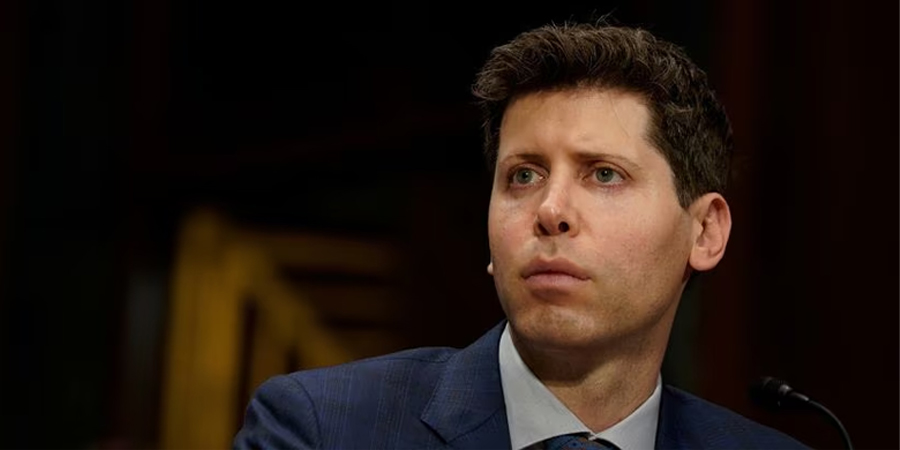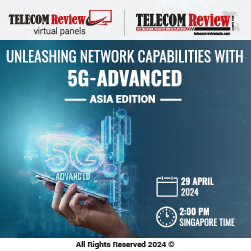OpenAI CEO Sam Altman has launched a cryptocurrency project called Worldcoin. The project's main feature is the World ID, described as a "digital passport" that verifies an individual as a genuine human rather than an AI bot. To obtain a World ID, users must undergo an in-person iris scan using Worldcoin's “orb,” a silver ball resembling the size of a bowling ball. Once the iris scan confirms the person's authenticity, a World ID is created.
During its beta period, the project attracted 2 million users, and now, with its official launch, it is expanding "orbing" operations to 35 cities in 20 countries. As an incentive for users in specific regions, Worldcoin's cryptocurrency token, WLD, will be granted upon sign-up.
WLD's value surged in early trading on major exchanges, with Binance reporting a peak of $5.29 and a 1000 GMT value of $2.49, starting from an initial price of $0.15. The World IDs will be stored on blockchains, ensuring privacy and preventing control by any single entity.
Worldcoin emphasizes the importance of World IDs in the era of advanced AI chatbots like ChatGPT, as they can be utilized to distinguish between real individuals and AI bots in online interactions.
Sam Altman expressed that Worldcoin could play a role in addressing economic changes brought about by generative AI. For instance, he sees potential in universal basic income (UBI) to combat income inequality as AI takes over various human tasks. With only real people eligible for World IDs, a fraud reduction in UBI distribution could be achieved.
While Altman believes a world with UBI is far into the future and acknowledges uncertainty about the entity responsible for implementing it, he sees Worldcoin as laying the groundwork for such possibilities. He emphasized the need for experimentation to determine the best approach for the future.







